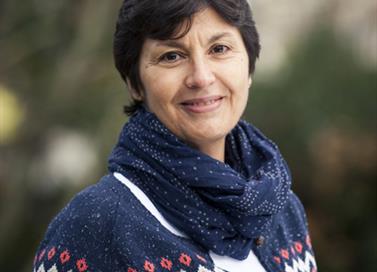The Age of Loneliness
09 August, 2016
Introduction
Following my blog post last November on the film Still Life which considered the topic of loneliness, I want to continue exploring this subject by presenting the excellent hour long BBC documentary film called The Age of Loneliness, directed by Sue Bourne that was screened on terrestrial TV in January 2016.
It is a compelling film that examines loneliness in UK society today through the testimony of a number of individuals, who recount their personal experiences direct to camera. They range in age from a nineteen year old University student to a woman aged one hundred years and the film features people at many different life stages between these two poles.
The film also includes several people suffering with mental health problems. The breadth of this examination makes The Age of Loneliness especially valuable viewing for all mental health professionals and provides an empathic experience for the viewer who will find it hard not to be moved by some of the accounts presented.
The Film
I will let the film speak for itself as it moves from person to person telling their stories of loneliness. For a balanced view, the film also hears from someone with a positive experience of a life lived alone in a very remote setting, highlighting that there is an important distinction to be made between social isolation and loneliness, although they are commonly spoken of as the same entity.
Relevance to the Field of Mental Health
The Age of Loneliness offers another good platform, perhaps alongside a viewing of Still Life, to discuss the issue of loneliness and its relationship to many different mental illnesses. Most importantly it highlights that loneliness is not just a problem for older adults, but can affect all age groups.
The mental health charity Mind has some very good pages about Loneliness on their website, with suggestions for overcoming the problem and getting support.
The Mental Health Foundation, another UK charity, produced a document entitled The Lonely Society? in 2010, which is freely available to download.
The report was compiled using the results of a survey of 2,256 people as well as many interviews with mental health professionals and organisations involved in offering advice and support to individuals at risk of loneliness and social isolation.
With particular focus on older age adults, there is a useful resource that would complement further learning and exploration of the topic with specific reference to the older population.
The Age UK Loneliness Evidence Review by Susan Davidson and Phil Rossall, updated in July 2015, is freely available to view from the Age UK website. The review examines the research on loneliness in later life and aims to serve as an evidence base for the topic.
The Age of Loneliness can be viewed in just one hour but will stay with the viewer for much longer.
• More information about The Age of Loneliness can be found at its website, where a short trailer is available.


